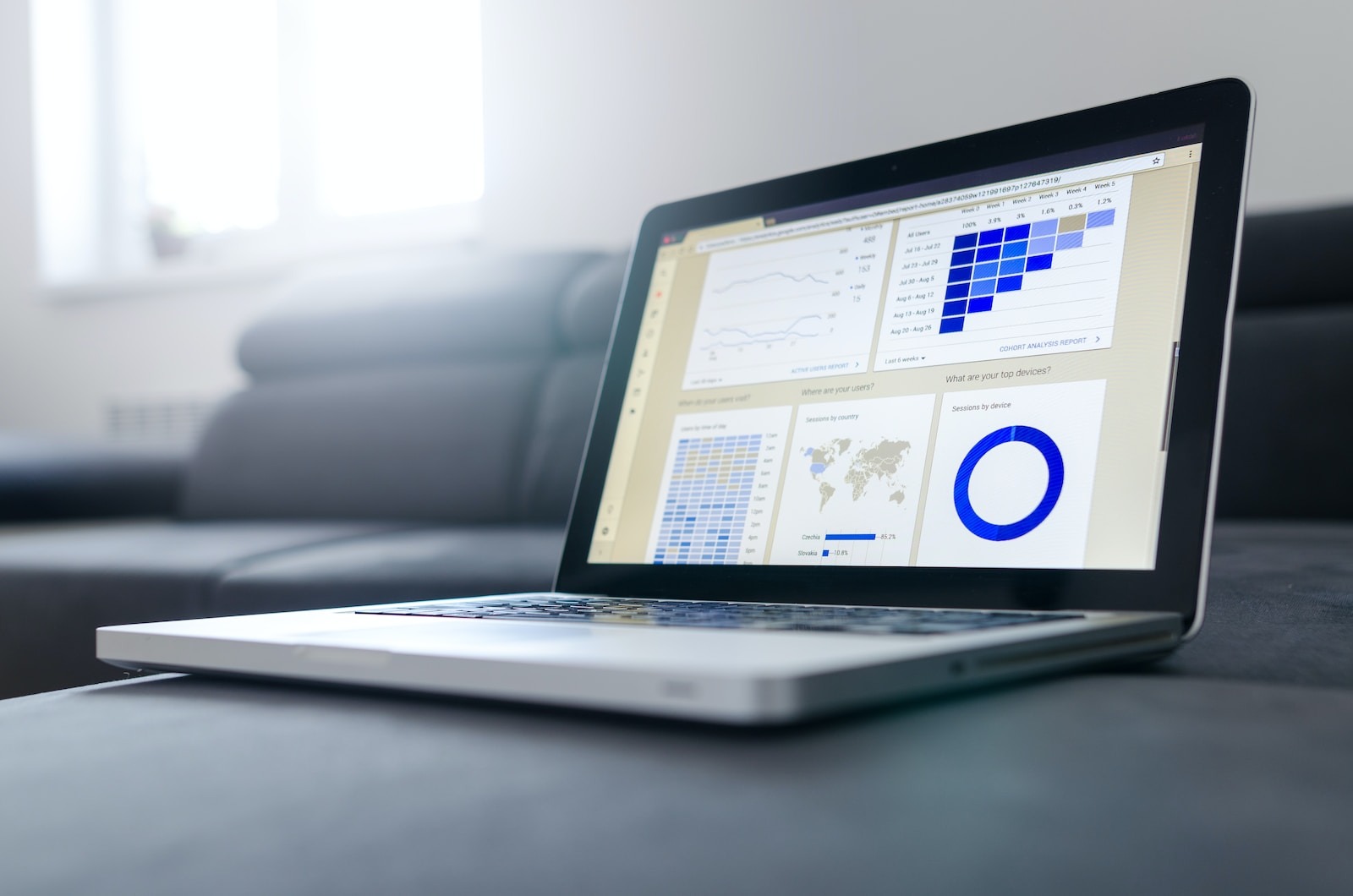Remote accounting has transformed the way financial professionals operate, offering unparalleled flexibility and efficiency. As more companies embrace remote work, accountants are finding new opportunities to manage their careers from anywhere in the world. This article delves into the advantages, challenges, and essential tools required for mastering remote accounting.

Benefits of Remote Accounting
-
Flexibility and Work-Life Balance: One of the most significant advantages of remote accounting is the flexibility it offers. Professionals can work from anywhere, set their own schedules, and achieve a better work-life balance.
-
Cost Savings: Remote work eliminates the need for commuting, office space, and other work-related expenses. This can result in significant cost savings for both employees and employers.
-
Access to Global Talent: Remote accounting allows companies to hire talent from anywhere in the world. This can lead to a more diverse and skilled workforce, enhancing the quality of financial services provided.
-
Technological Advancements: The use of cloud-based accounting software, secure communication tools, and automated processes makes remote accounting more efficient and accurate. Professionals can collaborate in real-time, ensuring timely and accurate financial reporting.
Challenges of Remote Accounting
-
Self-Discipline: Working remotely requires a high level of self-discipline. Accountants must manage their time effectively, stay organized, and maintain productivity without direct supervision.
-
Communication: Effective communication is crucial in remote work. Accountants must be proficient in using various communication tools and ensure clear and concise communication with clients and colleagues.
-
Data Security: Remote work involves handling sensitive financial information. Accountants must ensure the security of data and protect it from potential cyber threats.
-
Technical Issues: Remote accounting relies heavily on technology. Accountants must be prepared to troubleshoot technical issues and ensure the smooth operation of accounting software and communication tools.
Essential Tools for Remote Accounting
-
Cloud-Based Accounting Software: Tools like QuickBooks, Xero, and FreshBooks allow accountants to manage financial data, generate reports, and collaborate with clients in real-time.
-
Communication Tools: Platforms like Zoom, Slack, and Microsoft Teams enable accountants to communicate effectively with clients and colleagues. These tools support video conferencing, instant messaging, and file sharing.
-
Project Management Software: Tools like Asana, Trello, and Monday.com help accountants manage tasks, set deadlines, and track progress. These platforms enhance productivity and ensure timely completion of projects.
-
Data Security Solutions: Implementing robust data security measures is essential for remote accounting. Tools like VPNs, encryption software, and secure file-sharing platforms protect sensitive financial information from cyber threats.
Tips for Successful Remote Accounting
-
Create a Dedicated Workspace: Having a dedicated workspace can help remote accountants stay focused and organized. Ensure your workspace is comfortable, well-lit, and free from distractions.
-
Establish a Routine: Establishing a daily routine can help maintain productivity and work-life balance. Set specific work hours and stick to them as much as possible.
-
Stay Connected: Regular communication with clients and colleagues is essential. Use video conferencing, instant messaging, and email to stay connected and collaborate effectively.
-
Continuous Learning: Stay updated with the latest accounting technologies, regulations, and best practices. Participate in webinars, online courses, and professional development programs to enhance your skills.
-
Prioritize Self-Care: Working remotely can sometimes lead to burnout. Prioritize self-care by taking regular breaks, exercising, and maintaining a healthy lifestyle.
Conclusion
Mastering remote accounting offers a unique blend of flexibility, cost savings, and technological advancements. While it comes with challenges such as self-discipline, communication, data security, and technical issues, the benefits far outweigh the drawbacks. By leveraging essential tools such as cloud-based accounting software, communication platforms, project management tools, and data security solutions, accountants can succeed in remote roles. Embracing remote accounting can lead to a rewarding career with a better work-life balance and endless opportunities for growth.



